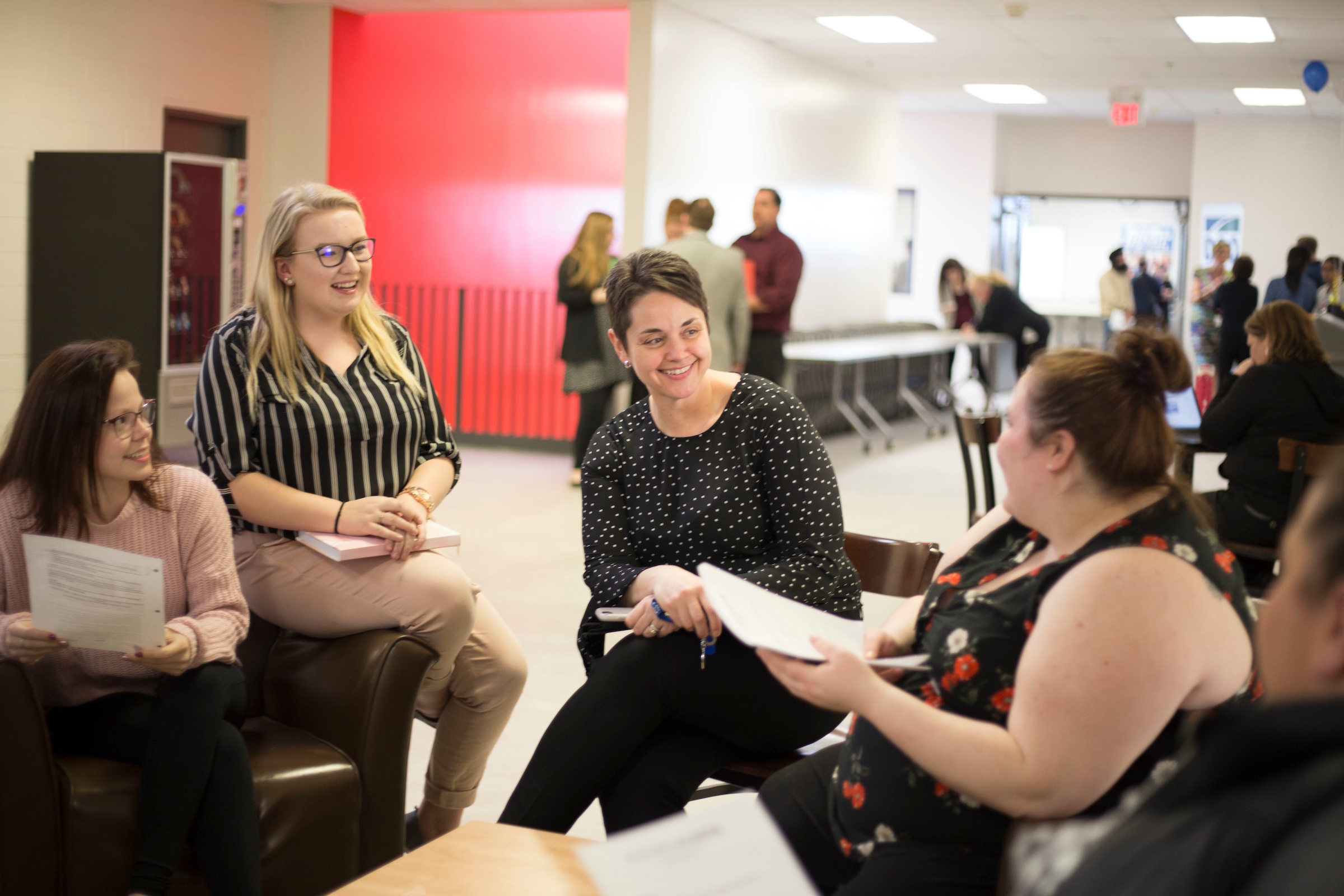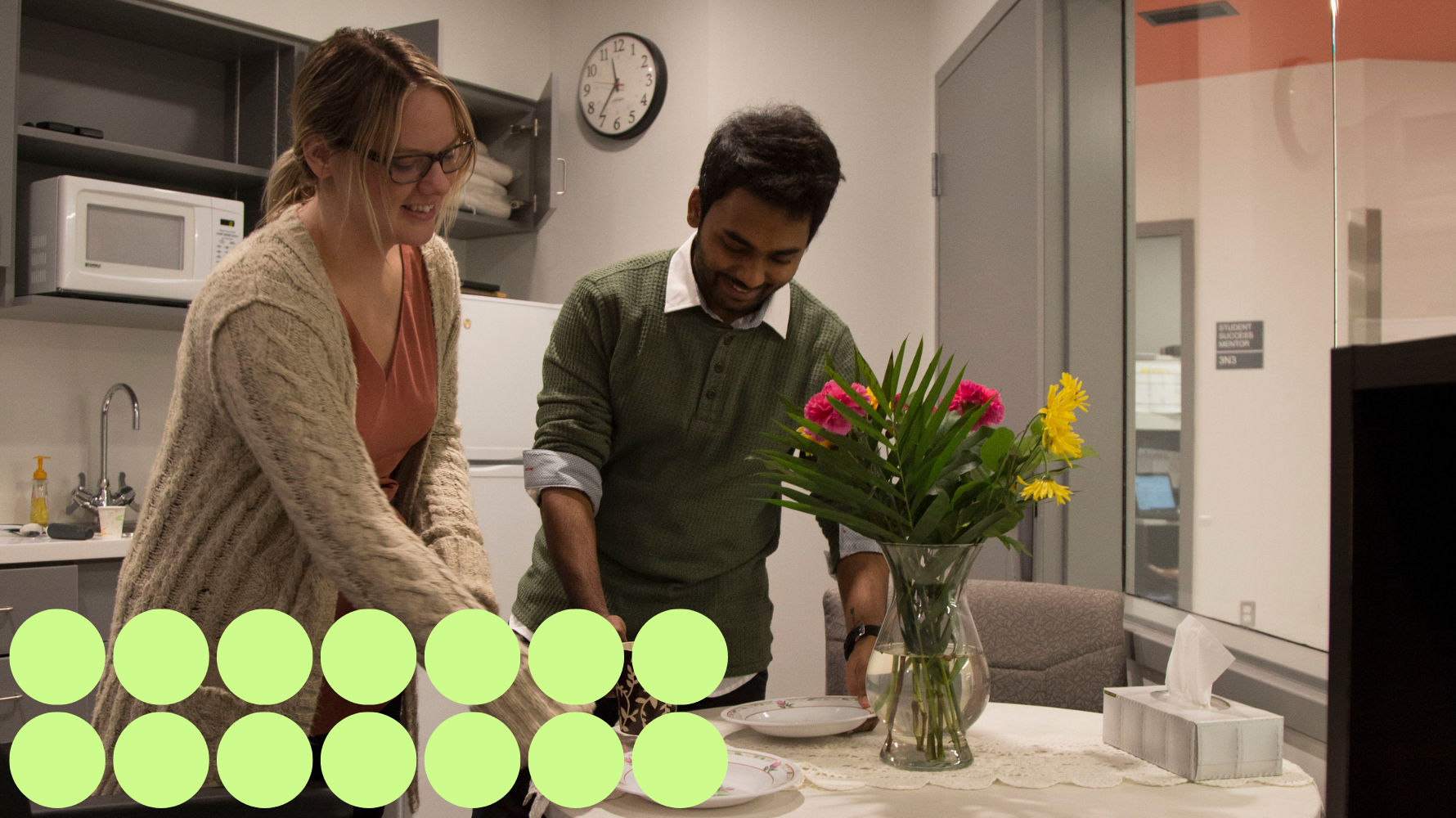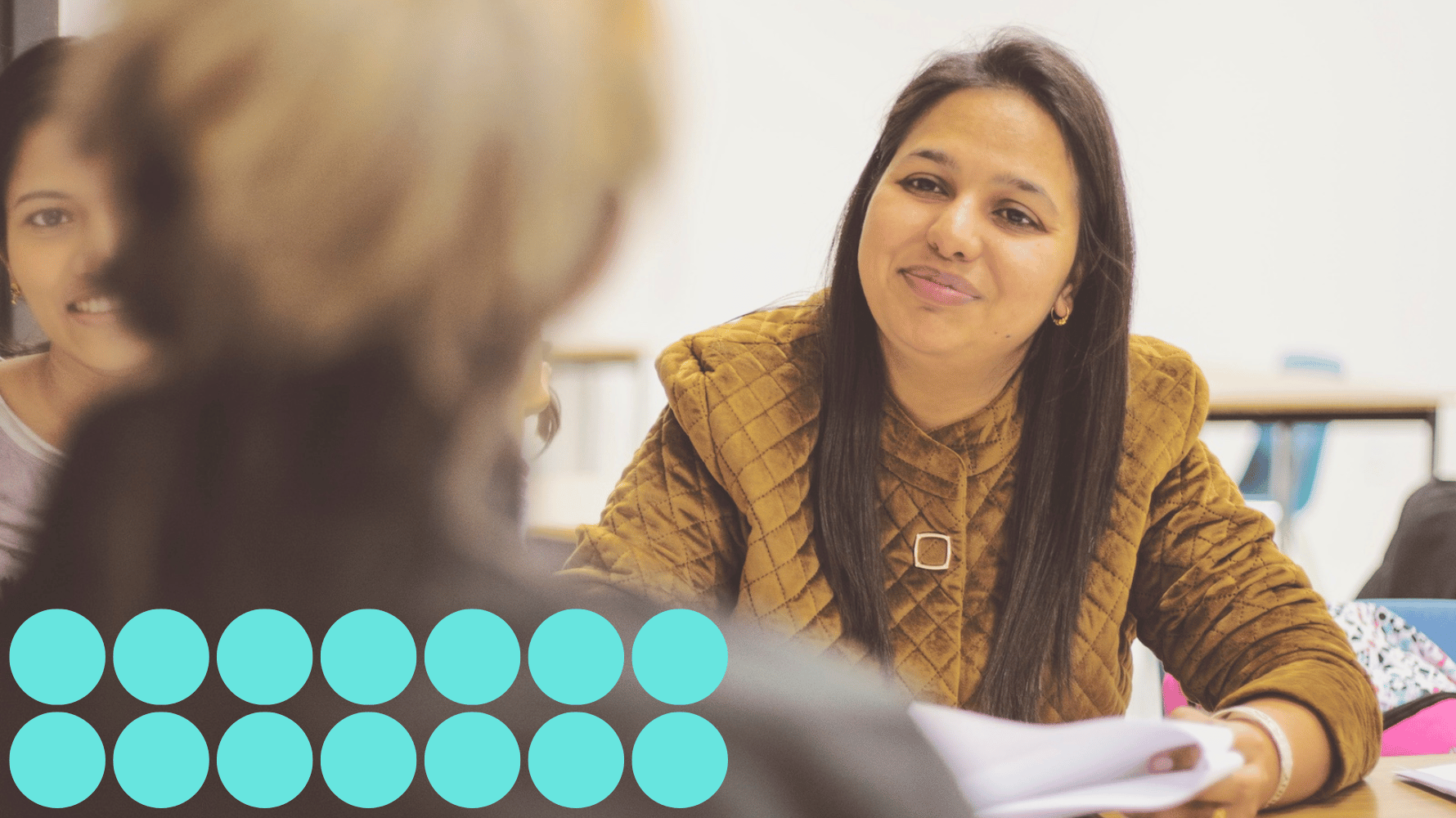Find your career
Developmental services workers support people of all ages with disabilities, enhancing their presence and participation in community life. Loyalist grads find rewarding positions:
- Providing in-home support to help people maintain independence.
- In community non-profit agencies, providing residential and day support.
- In schools as educational assistants.
- Providing respite support for families.
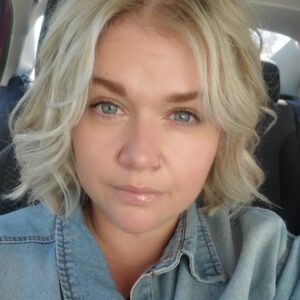
The faculty always went above and beyond to see us successful. They brought conviction and passion into everything they taught. They saw each person and worked to pull out our individual strengths and abilities while fostering teamwork. I am better because of them!
Lisa, Developmental Services Worker program
Our grads get great jobs
- Educational Assistant, Algonquin and Lakeshore Catholic District School Board
- Community Support Worker, Community Living
- Residential Counsellor, Pathways to Independence
- Integration Facilitator, Loyalist College
- Family support/relief
Is it for you?
People who do well in this program come from all ages and many different backgrounds. What they have in common are:
- A desire to work with people in a caring and compassionate profession.
- An interest in social justice.
- In many cases, a personal connection to someone with a disability – often a friend, family member, colleague or classmate.
- An open mind about what people can contribute and achieve.
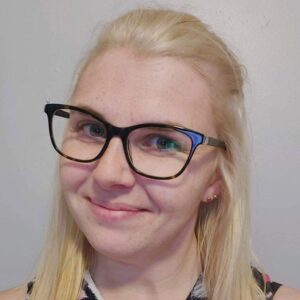
I chose Loyalist for my studies as it’s a smaller school with a great reputation. My professors were wonderful! Not only did they know how to best teach us but had the experience behind them to give real-life examples.
Stephanie, Developmental Services Worker program

